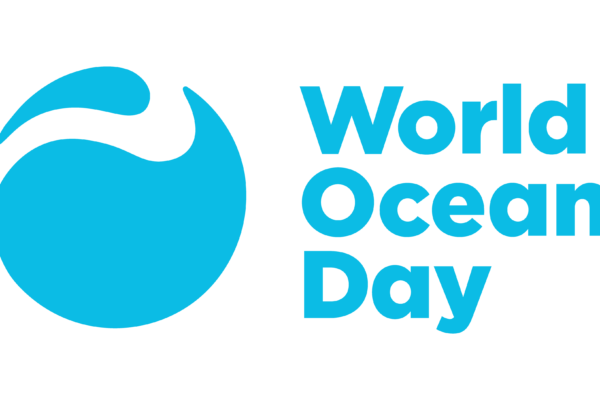The Ocean Project will be posting weekly roundups of the key strategic ocean and climate communication resources we’ve been tweeting. Each link will be posted with a short description of what you’ll find—please feel free to ask us any questions!
News & Discussion
- Climate change is damaging the global economy (oh, and killing people)
A new study entitled Climate Vulnerability Monitor: A Guide to the Cold Calculus of A Hot Planet concluded that climate disruption is already contributing to the deaths of nearly 400,000 people a year and costing the world more than $1.2 trillion, wiping 1.6% annually from global GDP. Summary article here. This information could be very helpful for communicators trying to put climate change into the more immediate terms of human rights and economics. - Why, certainly uncertainty is harmful… or is it?
Andrew Revkin of NYT and David Roberts of Grist both took a look at how science communicators have used the concept of scientific uncertainty in the past, and whether we should talk about it in regards to climate change. - Messages that Move
“The advocacy community has gone mad for the story” says Nicole Lampe in this short piece about digital communication and conservation orgs for ClimateAccess. - NewsCorp Misleads its Audience on Climate Change
In a shocking twist, new study shows that the two major publications of Rupert Murdoch’s News Corporation, Wall Street Journal and Fox News, don’t communicate honestly about climate change. Beware of the distressing charts and graphics contained therein.
Resources
Some new studies, market research, toolkits, and strategies that may be helpful when communicating about conservation and climate change.
- How strengthening people’s altruistic values can help change behaviorIn research published this week in Nature Climate Change researchers asked whether the reasons given for one sustainable behavior impact on people’s tendency to engage in another sustainable behavior – that is, the chance of spillover between one behavior and another.
You can read the fullpaper here or a summaryarticle at The Guardian - Men, Sportsmen, Conservatives, and Churchgoersare Motivated to Conservation Action through Personal Benefits
Very interesting new report from The Nature Conservancy on what motivates this specific audience to protect nature. They found men, sportsmen, conservatives, and frequent church attendees are more likely to believe engagement should be motivated through individual benefits, while women and environmentalists are divided. Via ecoAffect - Back in July, a poll conducted by The Nature Conservancy also showed that conservation is patriotic and has bipartisan support.



